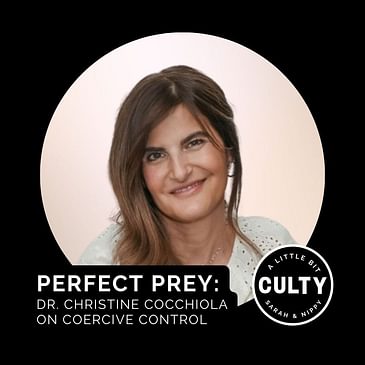This episode is sponsored by BetterHelp. The Latin root for the word “coercive” literally means to surround, encompass, restrain, confine, and so on. So what does “coercive control” look like in real life, you ask? Well, it could involve isolating someone away from friends and family, depriving them of basic human needs (food, water, etc.), humiliating them, managing someone else’s finances, and the like. If it’s a shitty way of controlling another human, like having an invisible chain wrapped around their ankles, it’s coercive control. If you want a pop culture reference, look no further than Britney Spears’ “Toxic” family usurping her finances and personal agency for her nearly 14-year conservatorship.
But does it still feel abstract? Then you need to listen to today’s episode, complete with special guest Dr. Christine Cocchiola, a coercive control advocate, researcher, educator, and survivor, (meaning she’s able to speak on the subject from both personal and scholarly levels). During our talk, she breaks down how narcissism, shame, egos, and “perfect preys” play out with everyone from romantic partners to people in power, such as cult leaders.
Are you perhaps being controlled by someone without even realizing it? Maybe! Could that be detrimental to your life! Absolutely! So tune in to find out.
Also…
Hear Ye, Hear Ye:
The views and opinions expressed on A Little Bit Culty do not necessarily reflect the official policy or position of the podcast. Any content provided by our guests, bloggers, sponsors or authors are of their opinion and are not intended to malign any religion, group, club, organization, business individual, anyone or anything. Nobody’s mad at you, just don’t be a culty fuckwad.
Other Links:
Check out our lovely sponsors
Join ‘A Little Bit Culty’ on Patreon
Get poppin’ fresh ALBC Swag
Support the pod and smash this link
Cult awareness and recovery resources
CREDITS:
Executive Producers: Sarah Edmondson & Anthony Ames
Production Partner: Citizens of Sound
Producer: Will Retherford
Senior Producer: Jess Tardy
Writer: Mathias Rosenzweig
Theme Song: “Cultivated” by Jon Bryant co-written with Nygel Asselin
Learn more about your ad choices. Visit megaphone.fm/adchoices

